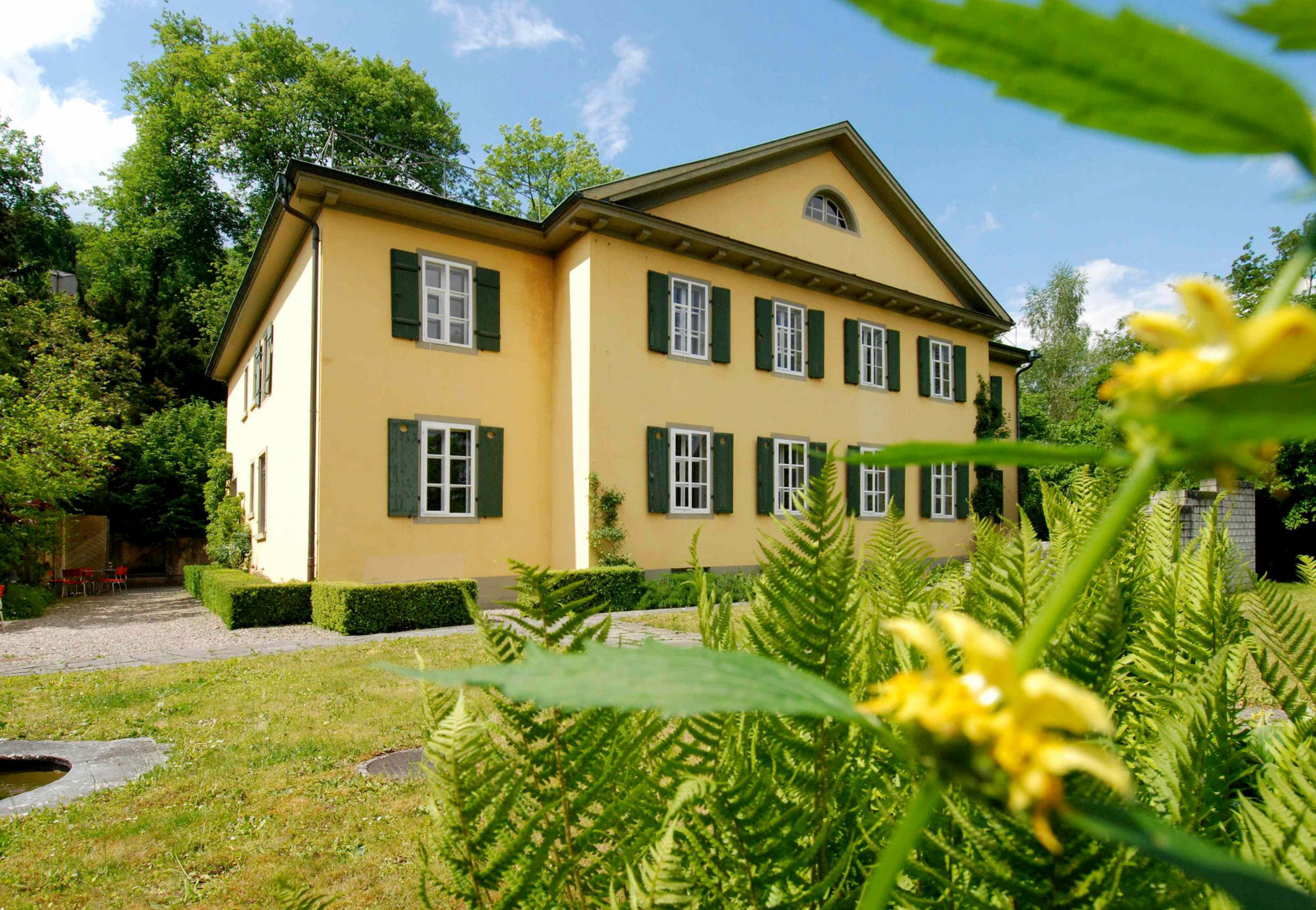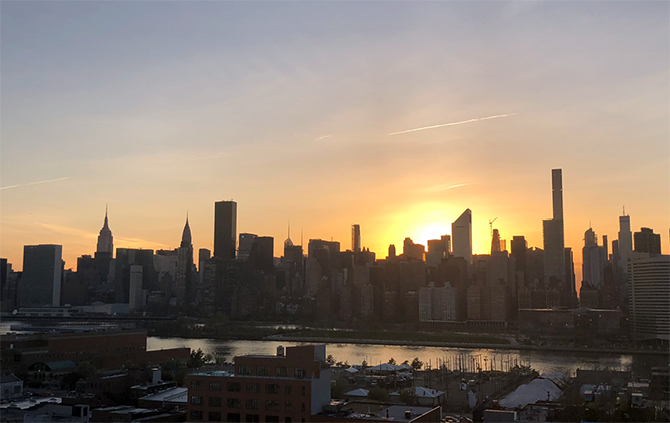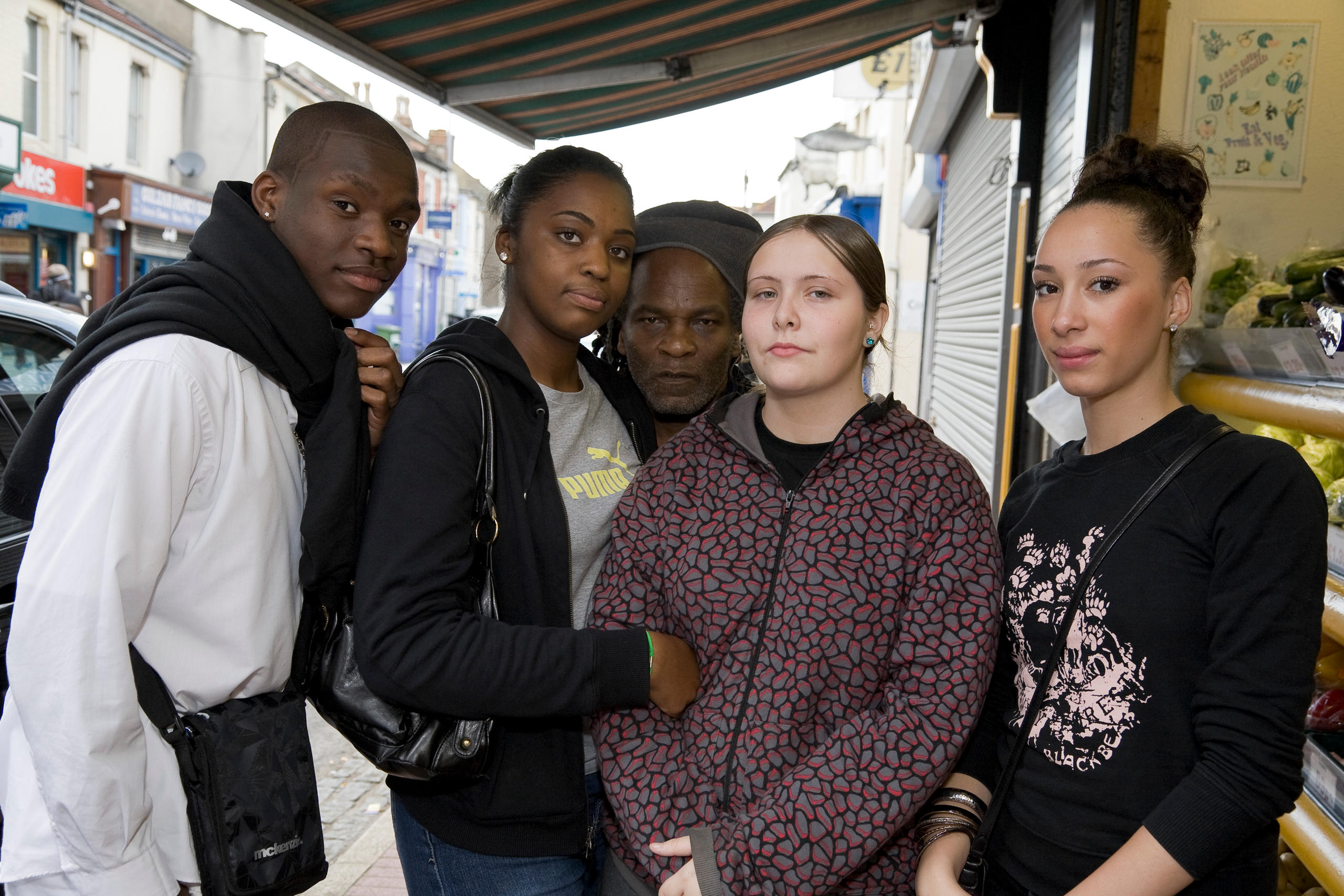Studying democracy in an age of populism

Democracy is under pressure all around the world with the emergence of authoritarian populists. A Swiss research institute is looking at how populists treat citizens’ rights.
The Centre for Democracy Studies AarauExternal link (ZDA) is located in a grand old villa above the town of Aarau, 38 km (24 miles) west of Zurich. Scientists from various disciplines carry out fundamental research focusing on hot issues affecting Switzerland, Europe and other parts of the world.
The ZDA looks at issues – such as e-voting or populism – that are controversial among the public and not exactly plain sailing among scientists.
“As lawyers, it’s not at all easy to come up with a substantive definition of populism,” explains Andreas Glaser, a professor of law who heads the research instituteExternal link together with a political scientist and an educational expert.

According to sound and widely discussed analyses – such as those of Freedom House or the Economist Intelligence Unit – the powerful, worldwide trend for democratisation seen at the turn of the millennium has come to a standstill. What’s more, populist forces have recently come to power in numerous countries to assert claims to sole representation “on behalf of the people” and openly questioning fundamental human rights.
These include parties and politicians such as the Italian Lega, the Freedom Party of Austria, Hungary’s President Viktor Orbán, Poland’s conservative-nationalist government and US President Donald Trump.
Interestingly, the rightwing “Alternative for Germany”, which last autumn entered parliament, is pushing for “more direct democracy following the Swiss model”.
Initial results
As part of a new focus, ZDA researchers are examining populism and direct democracy in Europe.
Glaser says initial results clearly show that established direct democracy citizens’ rights tend to counteract anti-democratic populist temptations.
“While initiatives and referendums also give a voice to radical and extreme groups, at the same time these groups are integrated into the system of representative democracy,” he said.
The ZDA’s new research focus is being coordinated by political scientist Tarik Abou-ChadiExternal link and lawyer Nadja Braun BinderExternal link.
“We’re studying the legal framework of direct democratic processes,” says Braun Binder. “In practice, these often look very different in different countries.”
‘[The Swiss] argue with each other, not just against each other’
One example is the Britain referendum to leave the European Union, initiated by former Prime Minister David Cameron. Since the Brexit vote was merely advisory, far-reaching and still-unsolved questions remain about how the result will be implemented. Demands are even getting louder for a second referendum on the final deal.
Increased Swiss research
Braun Binder has a practical background – until 2011 she led the legal department at the Federal ChancelleryExternal link in Bern, the guardian of the political rights of Swiss citizens. She then moved to Germany, where she became a professor.
Her return to Switzerland last year was connected to the rise in Switzerland in research into democracy. The ZDA is not the only example of this – there are also political science institutes at universities in Zurich, Bern, Basel, Lausanne and Geneva.
But some of these research centres behave more like competitors for national funding than cooperation partners. Contacts and knowledge sharing remain under-developed in Switzerland.
The situation is seen differently abroad. At a symposium on populism organised by Braun Binder earlier in the year, it was clear what international scientists appreciate when working with Swiss colleagues.
“Because of the regular decision process involving direct democracy you are used to arguing with each other and not just against each other,” said a researcher from Austria.
The ZDA is itself the result of a direct democracy decision: in 2007, almost 60% of voters in the city of Aarau agreed to an annual CHF785,000 grant for the new centre of democracy. The canton of Aargau also gives roughly the same amount. Additional funds come from partner institutes and private donations.
At a political level, debates about the research institute occur frequently. Two conservative members of the cantonal parliament recently demanded the canton sever links with the ZDA. The ZDA responded with a well-attended tour around the entire canton.
The Centre for Democracy Studies Aarau employs around 45 people, divided between 25 full-time positions.
The basic budget is around CHF2.3 million ($2.3 million), funded by canton Aargau, the town of Aarau, the University of Zurich and the University of Applied Sciences and Arts Northwestern Switzerland. With external funds, the total annual budget is around CHF4 million.
The centre’s most important research projects for 2018-2021 can be found hereExternal link (in German).
Translated from German by Thomas Stephens

In compliance with the JTI standards
More: SWI swissinfo.ch certified by the Journalism Trust Initiative












You can find an overview of ongoing debates with our journalists here . Please join us!
If you want to start a conversation about a topic raised in this article or want to report factual errors, email us at english@swissinfo.ch.